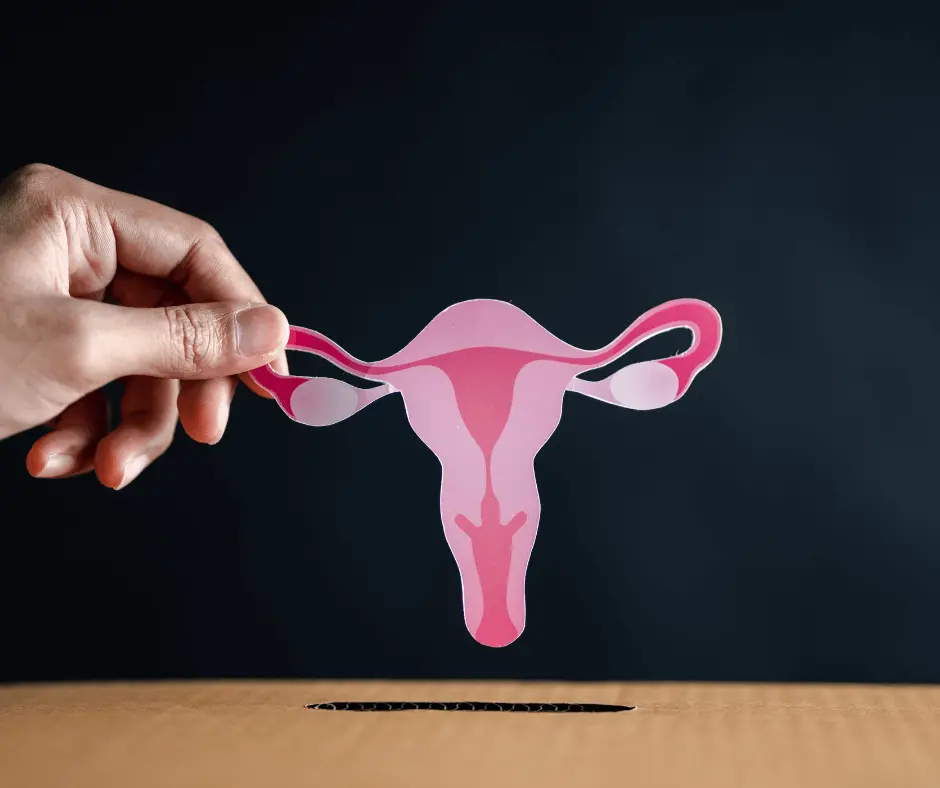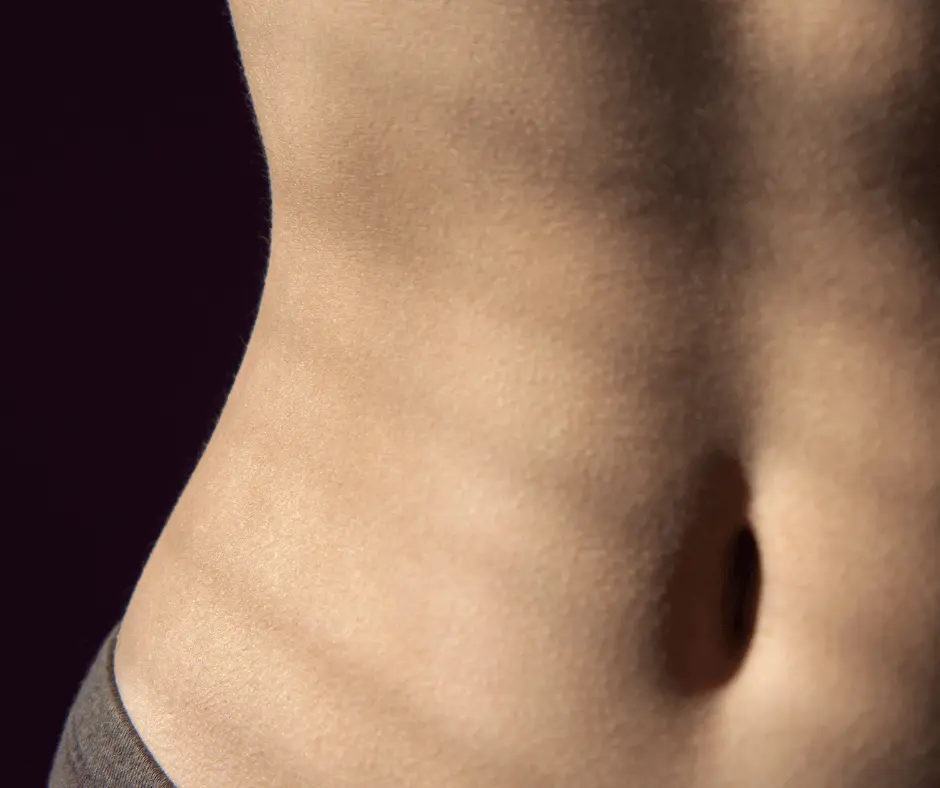Specializing in PCOS-related weight challenges, Dr. Darren M. Smith approaches these cases with over a decade of experience and dual fellowship training, including in advanced body contouring and aesthetic surgery. Operating from the luxurious Ritz Tower in Manhattan, our expert team is committed to delivering precise liposuction treatments for the persistent fat associated with PCOS.
PCOS & Liposuction: What You Need to Know
Polycystic Ovarian Syndrome (PCOS) impacts hormone regulation in a way that introduces you to a new set of challenges, from extra weight to unpredictable periods and potentially excess body hairbody hair. Managing these symptoms can be tough, but we specialize in working with you to achieve your ideal body at Dr. Darren M. Smith’s clinic.
Liposuction: An Aid in Body Contouring, Not Weight Loss
First things first: Liposuction is a surgical procedure aimed at improving body contouring. It does not contribute to weight loss or serve as a reliable treatment for losing body mass.
Instead, it focuses on removing specific fat deposits in areas like the abdominal wall. This is often hard to achieve through just a healthy lifestyle involving diet and exercise.
By using innovative technology, this procedure removes these adipose tissue cells, allowing your body to adjust and redistribute fat more evenly across other areas. The result is a significant improvement in your body shape.
Types of Liposuction
There are multiple liposuction techniques, each offering unique advantages:
| Technique | Description |
| Traditional Liposuction | Involves the use of a cannula and high-pressure vacuum to remove the fat. Commonly known and widely used. |
| Power-Assisted Liposuction | Utilizes a vibrating cannula to break up stubborn fat into smaller, more manageable pieces. |
| Ultrasound-Assisted Liposuction (UAL) | Employs ultrasonic vibrations to liquefy the fat cells, making them easier to remove. |
| Laser-Assisted Liposuction | Operates similarly to UAL but uses laser energy to dissolve the fat cells. |
| Water-Assisted Liposuction | Uses a pressurized saline solution to loosen fat cells. Less common but effective. |
Target Areas for Liposuction in Women with PCOS
If you’re a woman with PCOS (Polycystic Ovary Syndrome) considering liposuction, you might wonder if the condition affects which areas are most frequently treated with liposuction. In general, the answer is no. Liposuction targets subcutaneous fat, which is the layer of fat just below the skin, in just about any body area.
What Does This Mean for Treatment Areas?
For women with PCOS, the areas of the body where liposuction can be applied are generally the same as for those without the condition. These areas include zones where stubborn fat deposits have gathered and haven’t responded to diet or exercise.
Common Target Areas for Liposuction
| Target Area | Description |
| Abdomen | Frequently sought-after area for fat removal, especially lower abdominal fat. |
| Hips | Area around the pelvis where fat often accumulates. |
| Thighs | Inner and outer thighs can be treated to reduce size and improve contour. |
| Buttocks | Fat can be removed to give a more sculpted appearance. |
| Arms | Upper arms are a common area for treatment to remove fullness or bulges. |
| Neck | Subcutaneous fat can be removed to enhance the jawline. |
Potential Risks and Side Effects
When it comes to managing Polycystic Ovary Syndrome (PCOS), liposuction can be a useful option for body contouring.While it can be a beneficial adjunct in your PCOS management strategy, it’s not a one-size-fits-all solution. Here’s why:
Not a Cure for PCOS
We’ve touched on this before, but it’s worth repeating: Liposuction is not a cure for the stubborn weight gain associated with PCOS. If you’re dealing with hormonal imbalances, irregular periods, or acne, this surgical procedure won’t directly address those issues.
While it is very effective in removing subcutaneous fat— the layer just under the skin— it doesn’t address the health issues affecting your ovaries or hormones.
Limited Metabolic Impact
Many people see liposuction as a method of weight loss, but the this is not the case.r All patients, including those with PCOS should understand the effects of liposuction on weight.
While liposuction leads to the permanent removal of fat cells in the treatment area, overall weight loss will not occur. This is because the body will still need to the same amount of lipids as before the procedure. They will be redistributed out of the treatment area. This will lead to an improvement in your body shape, but the procedure won’t address metabolic abnormalities often associated with obesity and PCOS.
Risks of the Procedure
Any surgical procedure, including liposuction, comes with its own set of risks. For PCOS patients, these are the same as for patients without this condition. Rare but possible complications include issues like infections, bleeding issues, and contour abnormalities.
Your Surgeon Matters
Now, let’s discuss choosing the right surgeon. Think about your plastic surgeon as you would a trusted advisor on a long journey. You want someone who not only knows the road but also understands how your specific condition—PCOS in this case—affects the trip.
Selecting an experienced, board-certified plastic surgeon who is familiar with the nuances of PCOS can make a significant difference in both your experience and outcomes.








